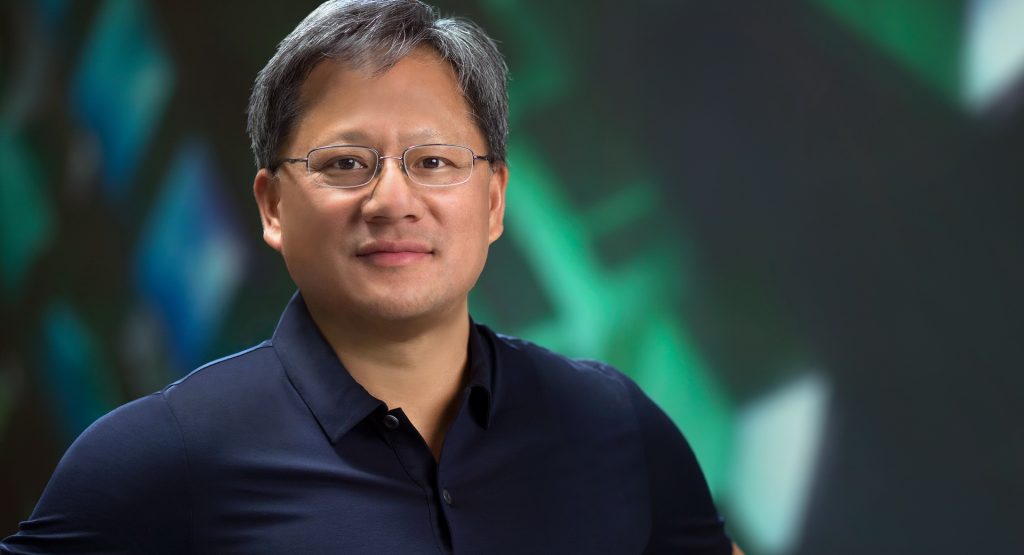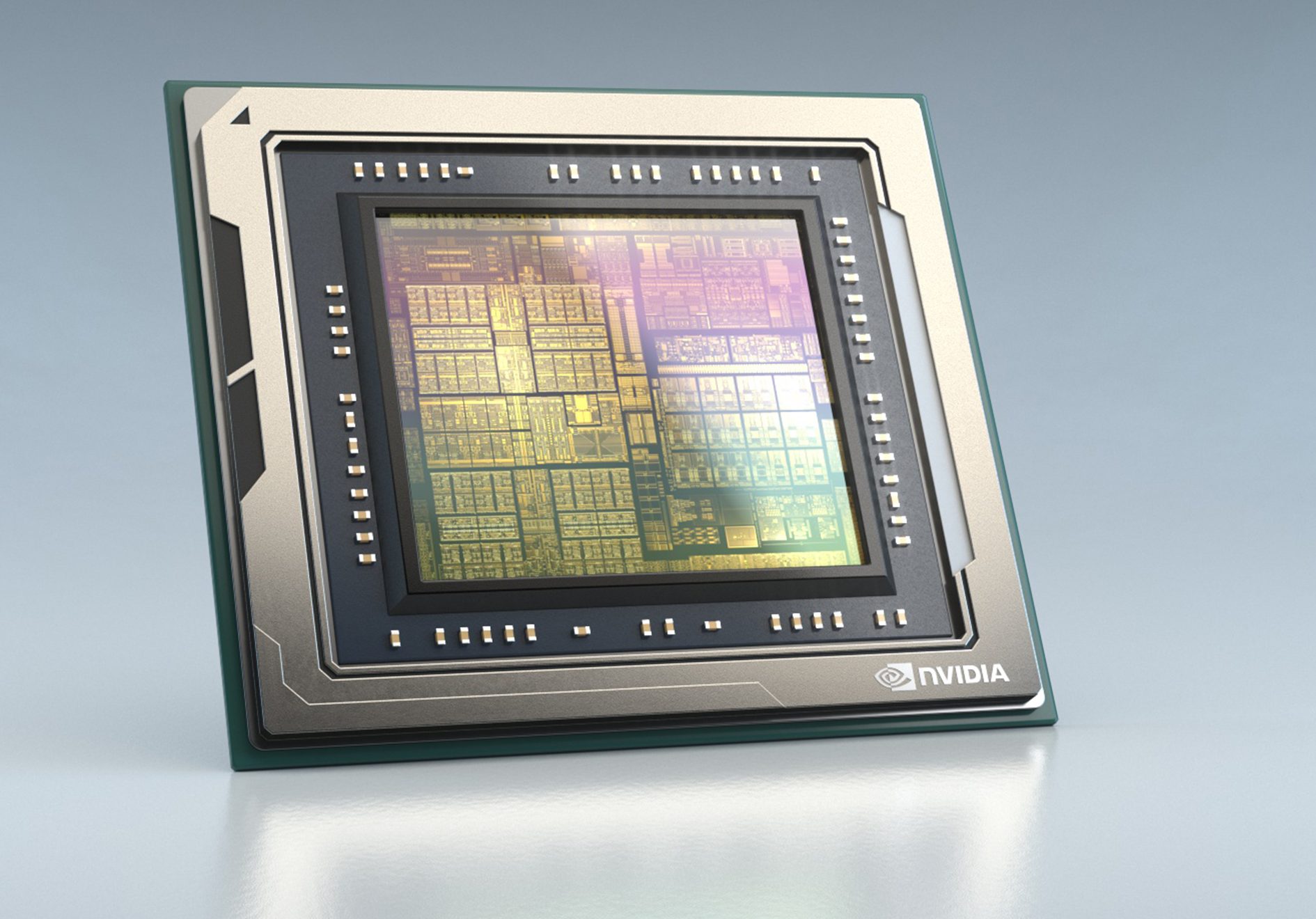When someone like Nvidia CEO Jensen Huang starts making predictions left and right, the best course of action is to sit down and listen.
His company is deeply involved with the automotive industry, working with the likes of Mercedes, Audi, VW and Hyundai on various platforms and systems. In fact, you know that fancy Virtual Cockpit by Audi? It’s one of the world’s most popular digital gauge clusters and it’s powered by Nvidia.
Recently, Huang spoke to Autonews Europe and touched on many topics, including autonomous technology, challenges faced by car companies and software in general.
Related: NIO Partners With Nvidia To Develop Autonomous Tech For Its EVs
When asked directly how many fully autonomous cars we can expect to see on the road by 2030, the Nvidia boss gave an estimate of 20% percent – featuring a high level of automation, with most of those having Nvidia tech inside.
“The vehicles making up the 20 percent will account for 50 percent of the miles driven in the locations where they are available,” he added. “That is because autonomous vehicles will come in many forms – passenger vehicles, trucks, taxis, shuttles, robot delivery – and all of them will be able to work around the clock.”
Regarding the level of automation, he said that we will only see Level 4 for “the delivery of goods on campuses, at compounds or other areas that can be closed off. It is the most cost effective and safest option because, unlike humans, robots don’t mind going slow. Robots have plenty of time. They don’t get impatient. Therefore those area should be completely Level 5.”
With passenger cars, he said that most of them will still be at Level 2 by 2030, yet a very advanced Level 2 compared to what we have today.
“It will almost be like driving with your mind. You think it and the car does it all while keeping you out of harm’s way. By then parking and retrieving your car, highway driving and driving in traffic jams will be completely autonomous. Level 2 alone is going to be a completely transformative driving experience.”
“AI [artificial intelligence] and robotics are not supposed replace the need for humans. They will enhance our work. They won’t replace driving, but they will enhance driving. And, while I really enjoy driving, I also love using the Autopilot in my Tesla. It is very relaxing.”
His take on EVs is also very interesting, as Huang feels that fully electric cars as a consumer product are much more about luxury now than protecting the environment, even though the latter remains an important factor.
In his eyes, an EV’s ride is “silky smooth, it’s quiet, it doesn’t make any bad smells, and its full every morning because you can charge at home. I haven’t been to a gas station in years. That’s a luxury. The industry initially missed this very important point, which is that this new functionality creates joy and delight through its convenience. The whole auto industry now understands that the EV is about luxury more so than energy savings.”
When asked about the VW Group and how it has struggled to develop its own proprietary software, Huang was adamant that large car companies will absolutely have to own their own software.
“The reason is that they are no longer building cars, they are operating fleets. Car companies will be like media companies because they will have systems on the road and they need to provide services to those systems. I have every confidence that transition will be made. However, not every company will make the transition in equal time and with equal skill. Therefore, the positions of car companies will change a little bit. However, there is no question in my mind that the companies that make that transition will be richly rewarded.”
Regarding software, he feels as though most carmakers will have to make a major transition within the next five years.




